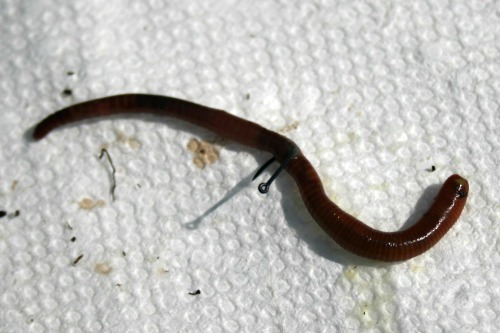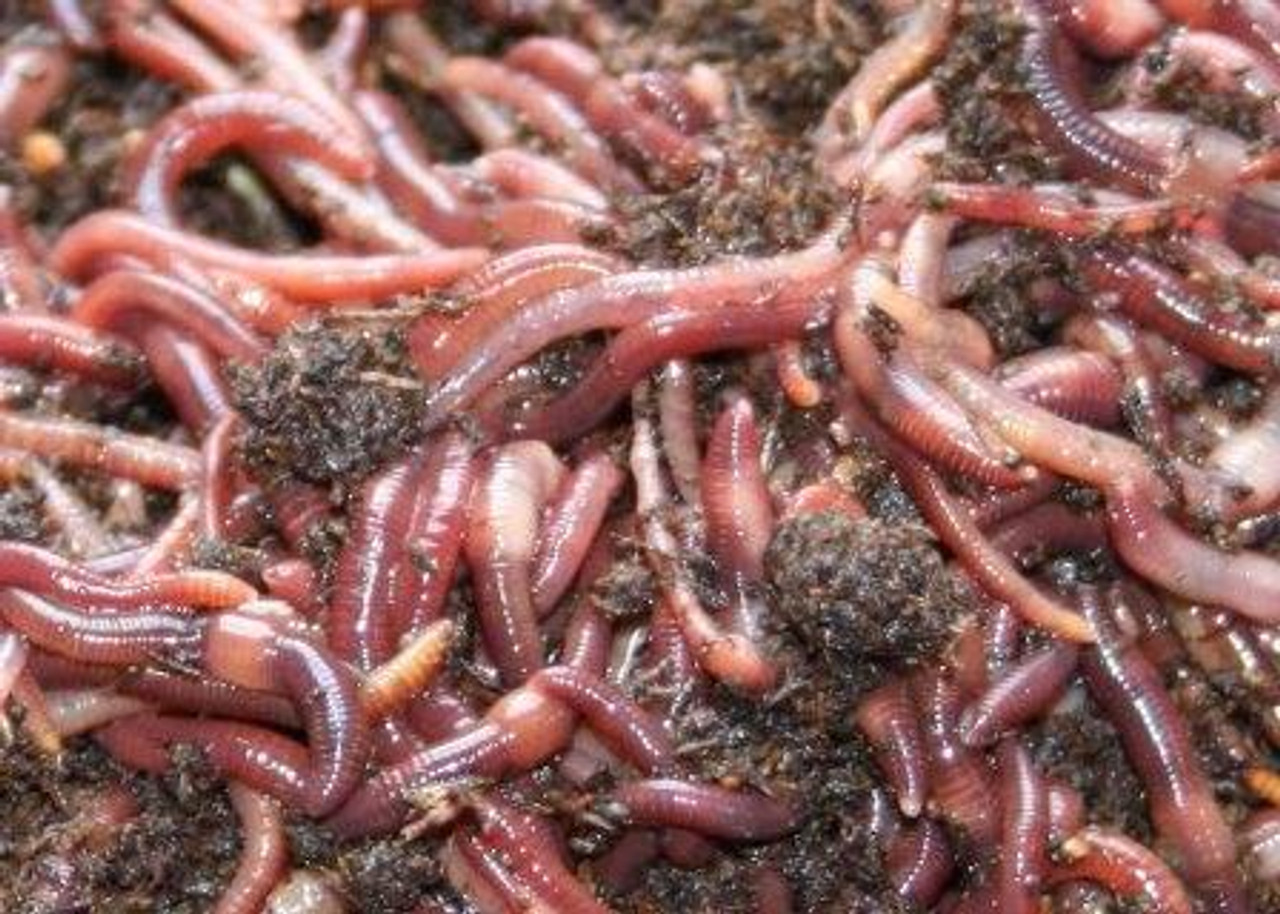The Unbelievable Globe of Red Wigglers: Boost Your Soil Fertility Today
The role of red wigglers, or Eisenia fetida, in boosting soil fertility is a topic of expanding interest amongst garden enthusiasts and agricultural professionals. These tiny yet effective microorganisms change organic waste right into useful worm castings, significantly boosting dirt health and wellness and promoting lasting practices. As we discover the advantages of vermicomposting and the sensible steps to develop an efficient worm container, the prospective influence of these worms on your gardening success ends up being increasingly obvious. Understanding the nuances of their treatment and application may simply alter the means you approach dirt administration. What understandings can be acquired from incorporating these amazing animals into your gardening routine?
Comprehending Red Wigglers
Red wigglers, medically referred to as Eisenia fetida, are a types of earthworm that play an important duty in enhancing soil fertility. These worms prosper in organic-rich settings, such as compost heaps and decaying plant material, where they take in natural waste and eliminate nutrient-dense castings. Their one-of-a-kind anatomy, featuring a segmented body and a clitellum, enables them to duplicate swiftly and successfully process large amounts of raw material.

The environmental significance of red wigglers expands beyond plain waste handling; they add to the soil food web, cultivating a diverse community of bacteria that better enhance dirt health and wellness. Understanding the biology and actions of red wigglers is essential for using their full potential in sustainable agriculture and gardening techniques.
Benefits of Vermicomposting
(Red Wiggler Express)Utilizing the power of red wigglers through vermicomposting deals countless advantages that dramatically improve dirt health and fertility. Among the main benefits is the production of nutrient-rich worm castings, which are a superb natural fertilizer. Red Wiggler Express. These castings contain necessary nutrients like nitrogen, phosphorus, and potassium, advertising robust plant growth and boosting crop returns
The visibility of worm castings improves soil texture, permitting for better water retention and drainage. Red wigglers help break down organic matter, accelerating disintegration and reusing nutrients back right into the dirt.
Vermicomposting additionally cultivates microbial task, which is vital for a healthy and balanced soil community. Beneficial microorganisms flourish in the existence of worm castings, assisting in the breakdown of natural products and boosting nutrient accessibility to plants.
Finally, vermicomposting functions as an efficient waste administration service, decreasing landfill waste by reusing cooking area scraps and various other organic materials. This not just adds to environmental sustainability but additionally advertises a round economic situation within horticulture and agriculture.
How to Establish a Worm Bin
Setting up a worm container is an uncomplicated process that can considerably enhance your composting efforts. Begin by selecting an appropriate container, which can vary from a commercially available worm container to an easy plastic or wood box (Red Wiggler Express). Make sure the container has sufficient ventilation; tiny holes in the cover and sides will facilitate air flow
Next, develop a bed linen layer to provide a comfy environment for the red wigglers. This can be made from shredded newspaper, cardboard, or coconut coir, dampened to a damp, sponge-like uniformity. Fill the container to about one-third complete with this bed linen material.
As soon as the bed linen is prepared, it's time to introduce the worms. Red wigglers prosper in organic waste, so place them gently onto the bed linen. Cover the worms with a light layer of additional bed linen to help them adapt.
Feeding Your Red Wigglers
Offering the appropriate food for your red wigglers is crucial for their health and the effectiveness of your composting system. Red wigglers thrive on a different diet regimen, mainly containing organic products such as vegetables and fruit scraps, coffee grounds, and shredded paper. These products not just offer necessary nutrients yet likewise add to the microbial task in the worm bin, which is vital for the worms' food digestion.
It is essential to avoid specific foods, such as milk items, oils, and meats, as these can draw in pests and create undesirable odors. Furthermore, citrus peels and extremely spicy foods should be restricted as a result of their possible to damage the worms. A balanced strategy to feeding entails keeping track of the quantity of food presented to the container, guaranteeing that it is taken in within an affordable period to avoid excess waste accumulation.
To advertise ideal food digestion, it is beneficial to chop or shred bigger food items before adding them to the bin. This practice enhances the surface area for microbial action, assisting in quicker disintegration and boosting the total performance of your composting system. Routinely observing the worms' feeding practices will assist you change their diet plan as required.
Utilizing Worm Castings in Your Garden

(Red Wiggler Express)Including worm spreadings into your yard can be completed by mixing them into the dirt or utilizing them as a top clothing. The slow-release nature of these spreadings guarantees that nutrients are offered to plants over an extended duration, lowering the requirement for synthetic plant foods. Furthermore, worm spreadings have helpful bacteria that promote healthy and balanced soil ecosystems, boosting the total resilience of your yard.
To maximize the advantages, objective to apply around one part worm spreadings to 3 components soil in your growing beds. Routine applications can bring about enhanced plant yields and much healthier plants, making worm castings a very useful resource for both amateur and knowledgeable garden enthusiasts alike. By utilizing this all-natural amendment, you can grow a flourishing yard while contributing to lasting gardening techniques.
Conclusion
In final thought, red wigglers exhibit the crucial duty of vermicomposting in enhancing soil fertility. Their capacity to convert organic waste into nutrient-rich castings substantially improves soil framework and sustains microbial variety.